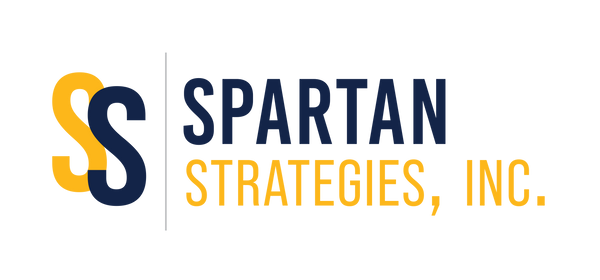Emeritus Society Fall Kick-off 2025
Who wins and Who Loses When Tariffs are Imposed? - COURSE FULLCost:
FREE per personDuration:
1h 30minAbout this experience
COURSE FULL
Tuesday, August 19, 10:00 – 11:30 am
No charge, but for planning purposes registration is requested.
This lecture explores the role of tariffs as a trade policy tool by examining their historical significance and real-world impact. We begin with a brief explanation as to why nations trade, and why there may be incentives to interfere with such trade. Next, a brief history of tariffs, from early protectionist practices to modern trade liberalization, to the recent rise in protectionist behavior, will be discussed. The session includes an introductory economic analysis of tariffs, exploring how domestic prices, imports, exports, consumers, government revenue, trade balances, living standards, and economic growth are impacted. Attention will also be given to the current U.S. administration’s tariff policies, including measures targeting imports from China and other major trading partners. Time will be provided for Q&A and conversation at the conclusion of the lecture.
Refund Policy
To receive a refund, a written request must be received 3 business days before the first class. A $25 processing fee will be deducted from the refund. Cancellation requests received less than 3 business days before the first class but before the second meeting will receive a 50% refund. ALL written requests should be emailed to emeritus@spartanstrategiesinc.org or mailed to the address above.
Your Host
Dr. Jeff Sarbaum is a Principal Lecturer of Economics and a Sue W. Cole Distinguished Faculty Member at UNCG. He received his Ph.D. from SUNY Binghamton, where he specialized in labor and international economics. He is co-author of Economics Interactive, 1st by Parkin, Bade, Sarbaum, and is currently updating the ninth edition of Foundation of Economics with them. Both textbooks are in use nationally through Pearson Higher Education. Recently, he’s been teaching international economics, statistics, and principles of economics. His current research primarily focuses on assessment of learning protocols and the impact of assignment timing on learning outcomes.
